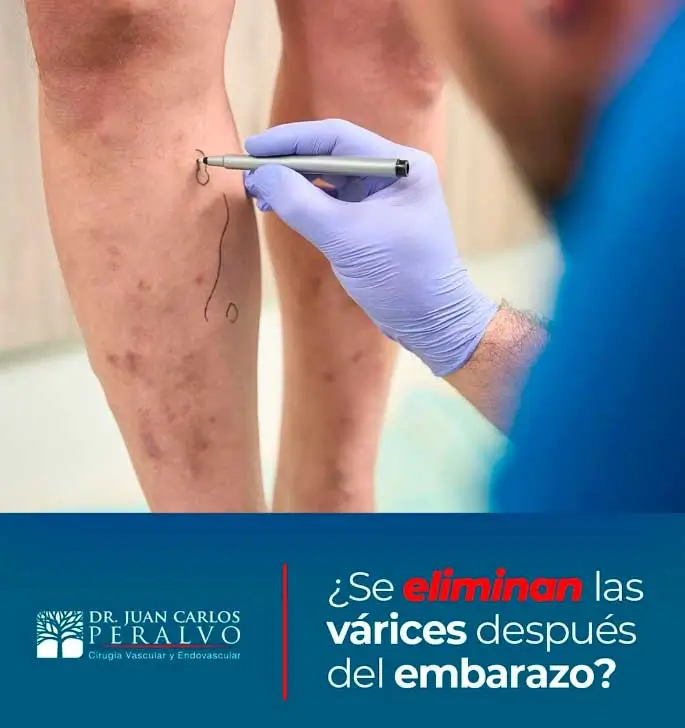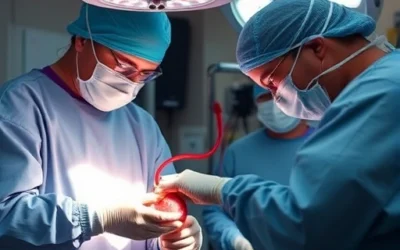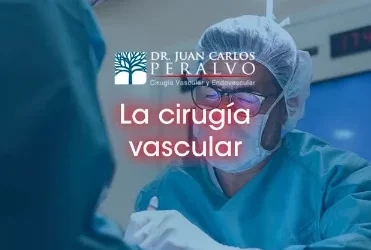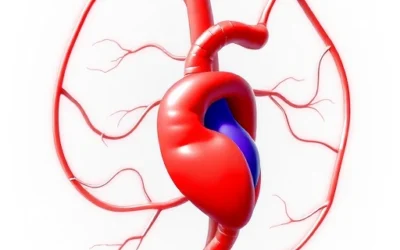Content
Pregnancy is a transformative phase for any woman, but it can also lead to physical challenges, including the appearance of varicose veins. Many wonder if these veins will naturally disappear postpartum or if medical intervention is necessary. Here’s what you need to know about managing varicose veins during and after pregnancy. More information!!
1. Why Do Varicose Veins Develop During Pregnancy?
Varicose veins during pregnancy are common due to several physiological factors:
- Hormonal Changes: Increased progesterone relaxes vein walls, making it harder for blood to flow back to the heart.
- Uterine Pressure: As the baby grows, the uterus compresses the pelvic veins, increasing pressure on leg veins.
- Higher Blood Volume: Pregnancy demands more blood to nourish the baby, putting extra strain on the circulatory system.
These factors make pregnant women particularly susceptible to developing varicose veins, especially if they have a family history of the condition.
2. Do Varicose Veins Disappear After Pregnancy?
In some cases, mild varicose veins diminish or disappear within a few months postpartum as hormone levels stabilize and uterine pressure decreases. However, persistent varicose veins are common, especially for:
- Women with multiple pregnancies.
- Those who had varicose veins before pregnancy.
- Individuals who didn’t use preventive measures during pregnancy.
It’s important to monitor symptoms and consult a specialist if the veins persist or worsen.
3. Effective Treatments for Postpartum Varicose Veins
If varicose veins don’t resolve on their own, there are safe and effective treatment options:
- Compression Stockings: Provide immediate relief by supporting blood flow and reducing swelling.
- Sclerotherapy: A minimally invasive procedure where a solution is injected to close the affected veins.
- Laser or Endovenous Therapy: Advanced, non-surgical techniques to treat larger veins.
- Surgical Options: Reserved for severe cases, surgical removal of varicose veins may be recommended.
Consulting a vascular specialist like Dr. Juan Carlos Peralvo ensures that you receive a treatment plan tailored to your needs.
4. How to Prevent Varicose Veins During Future Pregnancies
To reduce the likelihood of varicose veins in future pregnancies:
- Use compression stockings from the start of pregnancy.
- Avoid prolonged sitting or standing.
- Exercise regularly to boost circulation, such as walking or swimming.
- Maintain a healthy weight during and after pregnancy.
A pre-pregnancy vascular assessment with Dr. Peralvo can help identify risks and implement preventive measures.





